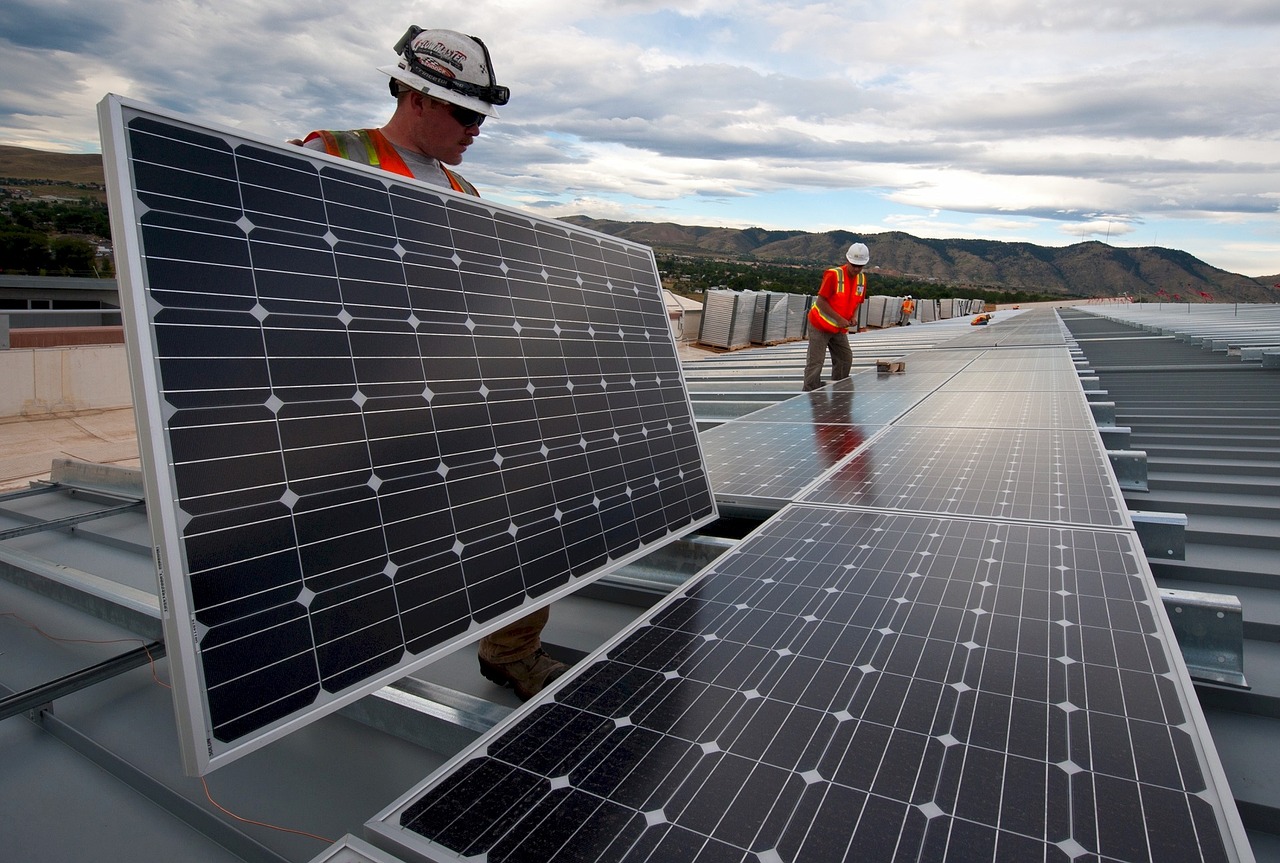County Government of Kisumu unlocks 100% renewable energy
County Government of Kisumu unlocks 100% renewable energy
While global figures for persons without access to electricity dropped from 1.2 billion in 2010 to 840 million in 2017, Sub-Saharan Africa remains the region with the largest access deficit: 573 million people (or 68% of the total global deficit). This is according to the Tracking SDG 7: The Energy Progress Report 2019, and equates to more than one in two people without access to electricity.
Kenya is a success story and beacon of hope for the continent; the country is recognized to have made significant strides towards addressing local energy challenges and improving local livelihoods by increasing energy access from 8% in 2000 up to 75% in 2018. However, while the government has evidently made significant progress with the promulgation of the Energy Act of 2019, much work is still required to improve energy access, availability and reliability to meet household, transport and industry needs. This is crucial as the nation looks to cement its status as a middle-income country and achieve its overarching development objectives, as espoused in Kenya’s Vision 2030.
Addressing local energy challenges through renewable energy
Renewable energy (RE) has the potential to address many of the challenges associated with energy shortages, while enhancing economic development. The understanding of the importance of RE underpins the 100% RE Project, which kicked-off at county level in County Government of Kisumu on 10th June 2020.
Spearheaded by the Kisumu County Government, in conjunction with ICLEI Africa, the 100% RE project runs from 2019 to 2023, with the overall aim to enhance energy generation and use of renewable sources, while mitigating contributions to climate change at local level. Three counties in Kenya were selected to participate in the project: Kisumu, Mombasa and Nakuru.
Kisumu County is the project’s “deep dive” county, receiving in-depth capacity building and advisory services to develop and implement a local strategy towards 100% renewable energy. In 2015, the County’s electricity access rate was 46.5%, and it aims to increase electrification to 90% by the end of 2022. Mombasa and Nakuru were selected as the two ‘Network’ counties, and they will benefit from project engagement, including knowledge and experience sharing, capacity building, peer-to-peer learning and multi-level governance dialogue with national entities and stakeholders.
The path to developing the renewable energy roadmap
The 100% RE project encourages multi-level governance (MLG), as evidenced in the support from both local and national governments and entities. The latter includes the Ministry of Energy and other ministries, as well as national utilities such as Kenya Power and Lighting Company (KPLC) and Energy and Petroleum Regulatory Authority (EPRA), who are actively participating in the National Project Advisory Group (NPAG), which provides overall policy guidance and strategic input into project implementation. At local level, the County Government of Kisumu has established a Project Implementation Team (PIT) which is responsible for guiding and supporting the implementation of the project, and has participated in various engagements set to enhance contributions towards the renewable energy development processes and capacity development in the county. To date these engagements focused on:
- An energy modeling webinar with the Fraunhofer Institute for Solar Energy Systems ISE who will undertake energy modelling which will be used to develop the ‘roadmap’ towards 100% RE – or a set of pathways suggesting a mix of renewable energy options based on resources and needs of the county.
- Review of the historical energy generation and consumption data in the county, which feeds into the data collection process and is crucial for the energy modeling and development of a renewable energy roadmap. This review provided deeper understanding of the data requirements and the respective entities that are the source of the data.
- Renewable energy project approval processes at national and local levels, in addition to the finance mechanisms which could be considered for the 100% RE project. In the case of the former, the discussion with EPRA provided an opportunity to unpack the approval processes, while in the case of the latter, the engagement served as an opportunity for ICLEI to provide an overview of the characteristics of bankable projects, risks involved and the type of funding models. A key outcome was an overview of the Transformative Actions Program (TAP), and through the project the county will learn how to design bankable projects.
- National level stakeholder mapping process with the NPAG, which included an exercise to unpack the different actors who are crucial to decision making processes for renewable energy project implementation. The stakeholder mapping process assisted with the identification of key stakeholders and their various roles with respect to energy generation, distribution and transmission, capacity building, finance, policy, regulation, tariffs and project implementation processes.
- Notably, in all these instances there has been tremendous support and active participation from a broad range of stakeholders from the public sector, private sector and civil society. These persons and entities have made a considerable effort to participate in discussions and make valuable contributions, which signals that very positive and diverse networks are being built around the project. Working alongside development partners and in-country partners is contributing towards refinement of the 100% RE project and ensures an open, transparent process that is catalyzing collaboration in working towards the common goal of transitioning Kenya to 100% RE.As the 100% RE project moves forward, the PIT will continue meeting monthly to steer the project towards the development of a 100% RE roadmap. A workshop aimed at developing a shared vision for the community transition to 100% RE will be convened with the County Government of Kisumu with participation of the network counties – Mombasa and Nakuru. Furthermore, the MLG dialogue will be held and will bring together national partners – including the NPAG members – as well as county authorities and energy experts to deliberate on best approaches to enable vertical integration for exploring, enabling and developing the potential of different renewable energy possibilities, and is expected to expediate cooperation on 100% RE project development at county level.


